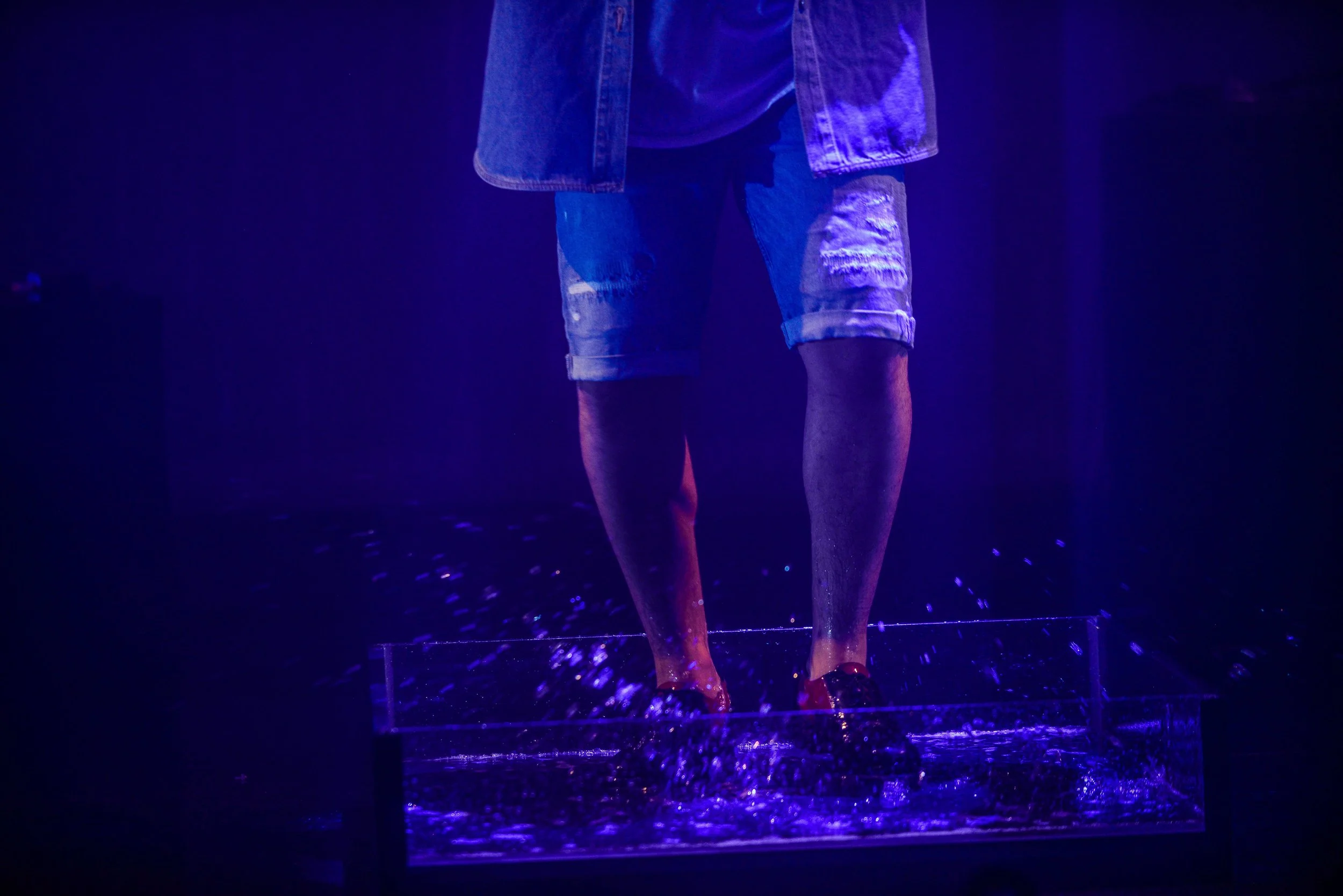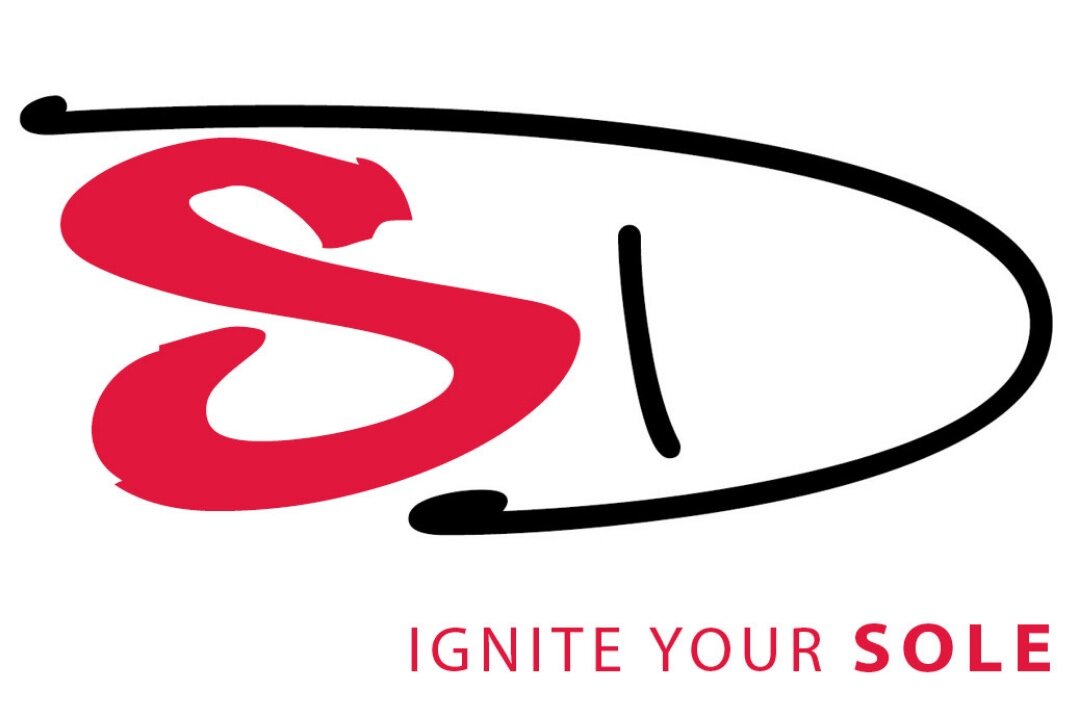
History
SOLE Defined, led by the 2024 Guggenheim Choreography Fellow Ryan K. Johnson and International Art-based Teaching Artist Quynn L. Johnson, metamorphosizes percussive dance by transforming their bodies into human drums, creating immersive performances and innovative arts education programs. The company pushes the boundaries of African Diasporic Percussive Dance, specifically Tap Dance, Body Percussion, and Sand Dance, infused with technology and original musical orchestrations, captivating audiences nationwide. SOLE Defined's mission is to preserve, advance, and honor the tradition of African Diasporic Percussive Dance. The company aims to establish itself as a central hub for Tap Dance, Body Percussion, and Sand Dance physical practices and practitioners, offering full-time employment with health and retirement benefits to artists, creatives, administrators, and crew. The company has performed and taught across the United States, Canada, Peru, Uganda, South Africa, Mexico, and Italy.
Artistically, SOLE Defined is a catalyst for change, translating and archiving Black American oral histories by producing evening-length sonic and kinetic, immersive performances and curating robust arts education programming. The company's work is not just about dance, it's about reconceptualizing and advancing learning through African Diasporic Percussive Dance. SOLE Defined's programming is designed to evoke the senses, creating sonic and kinetic performative archives of Black American history through the lens of African Diasporic Percussive Dance methodologies. The company's sensory-driven immersive dance theater experiences ignite solution-oriented conversations and promote personal investigation, reflection, and empathy. This commitment to social change is a vital part of SOLE Defined's mission, advancing Tap Dance, Body Percussion, and Sand Dance as vital practices in performance and academia.

SOLE Defined's arts education program, SOLE Stepz, is a transformative journey of self-discovery and personal growth to help participants achieve a sense of accomplishment, self-awareness, and self-worth through a structured and safe learning environment. The art-integrated curriculum connects math with Body Percussion and literacy with Tap Dance while providing teachers Professional development sessions to enhance their teaching methodologies with art-based learning. This fosters a healthy sense of identity. Social-emotional learning (SEL) is a significant component of the program's success. The program integrates social awareness and self-management into each lesson. The teaching method goes beyond memorization and instead creates meaningful experiential learning opportunities that connect physically to the participants' background knowledge, establishing a safe learning environment through a deep understanding of cultural competency, extensive research, and drawing from lived experiences.
SOLE Defined's work has been recognized and supported by some of the most prestigious organizations in the arts. The company has received support from the New England Foundation for the Arts' National Dance Project Grant, The John F. Kennedy Center's 2023 "Office Hours" Residency and 2020 Local Dance Commissioning Project, Dance Place Artist in Residence, The International Association of Blacks in Dance, Greater Washington Community Foundation, South Arts and the Maryland State Arts Council. This support is a testament to the company's credibility and success, enabling SOLE Defined to continue curating and preserving African Diasporic Percussive Dance programming. The company has had the honor of performing at renowned venues, including The John F. Kennedy Center for the Performing Arts, Dance Place, Harlem Stage, Queens Theatre, Maui Arts and Cultural Center, Jacob's Pillow, Battery Dance Festival, The Lincoln Center Out of Doors with Hi-Arts, Smithsonian, Hi-Arts Hip Hop Theater Festival, The World's Children's Festival, Tap in Rio Festival, Wolf Trap: Theater in the Woods, Publix Playhouse, Strathmore, The Hillman Center as well as at schools and universities in the mid-Atlantic regions.



